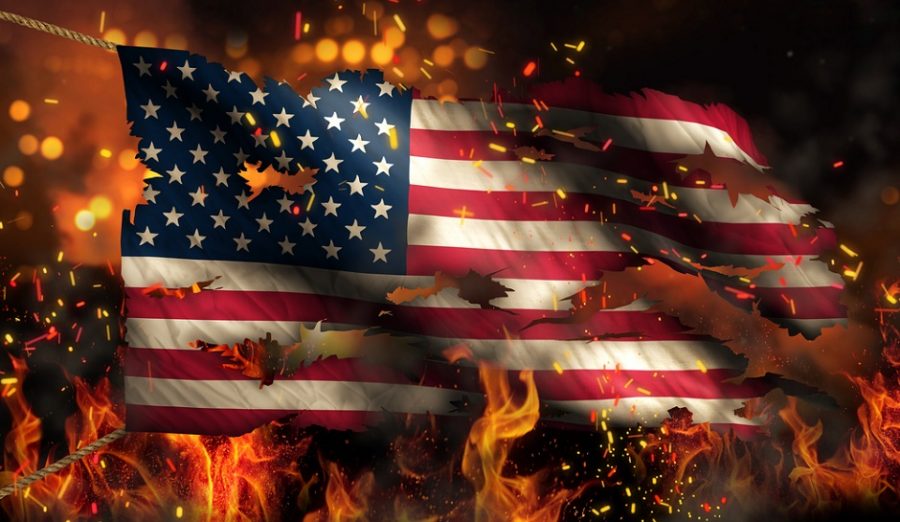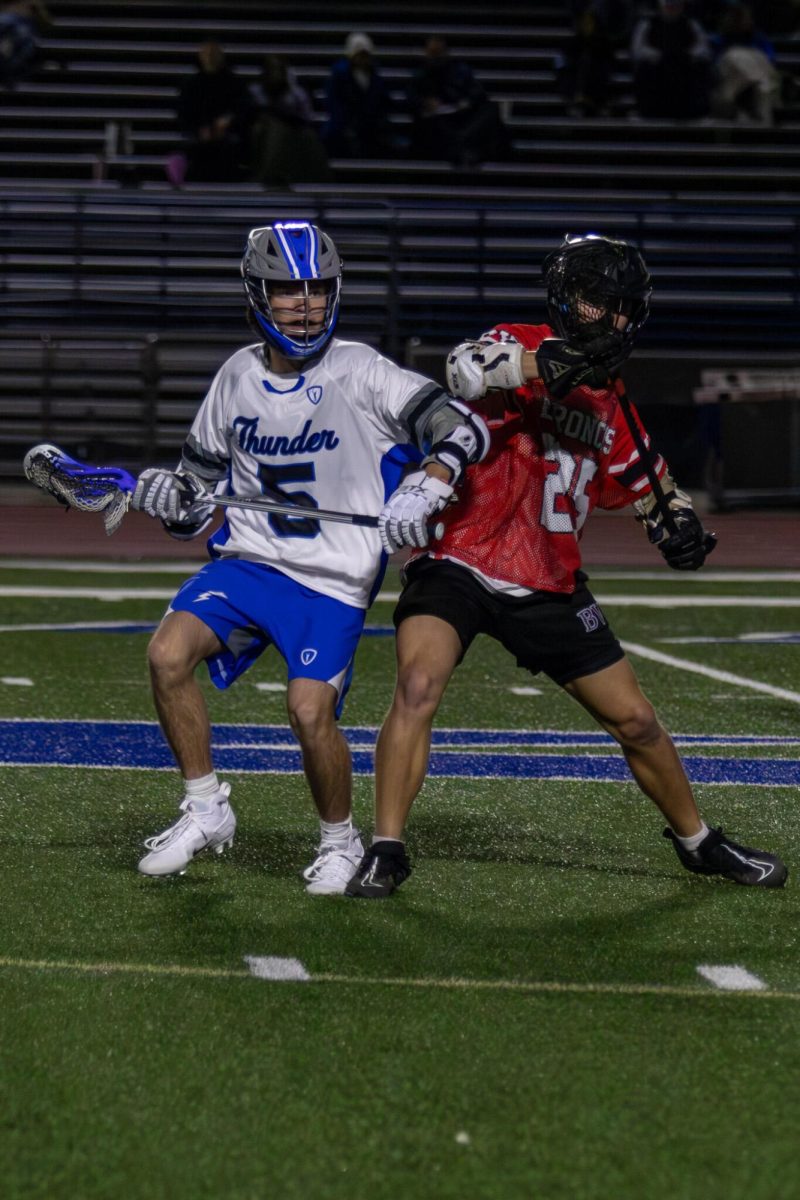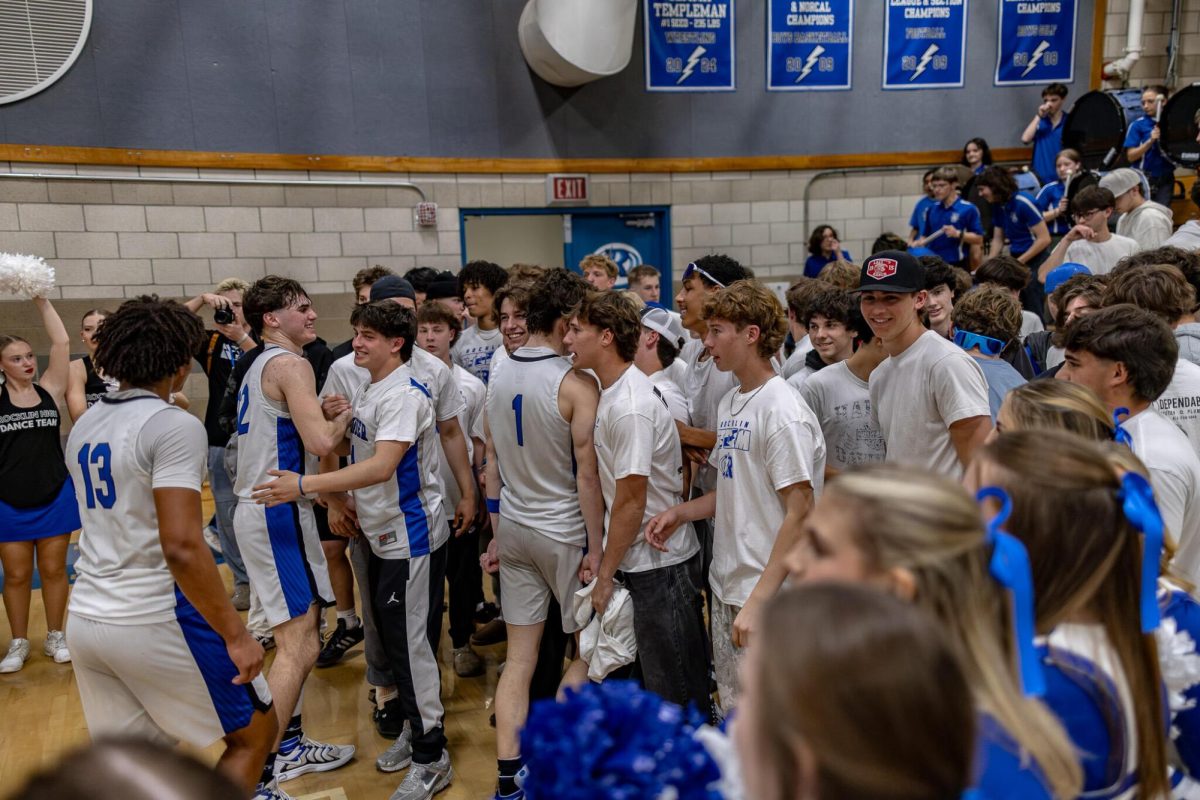Breaking Down the Walls and its controversial question
Students express their opinions on flag burning.
November 10, 2016
When Mr. Phil Boyte asked the students assembled before him whether they thought that burning the American flag was an acceptable form of protest, an overwhelming amount of students pointed to the ‘no’ basket.
Junior Ashlyn Bagwell was one among the mass that did so.
“I don’t think it’s right because you’re living in America, and you have the choice to live here. It’s your freedom to live here. If you don’t like it, you can move somewhere else to where you’re more happy,” she said. “I think burning it shows disrespect to our country and our freedom.”
Flag burning has become common place in one of the major protests in America at the moment, Black Lives Matter. The burning of the flag represents their displeasure with how the black population is being treated.
Many people are offended by this action and find it unpatriotic, and in extreme cases, treasonous. Some in this country are still trying to strive for illegality on the matter: petitions for this can be found online.
“I don’t think it should be illegal, but I think that the people who [burn the flag] should get punished,” said Ashlyn.
Ashlyn feels that someone should not be able to “express that much hatred towards our country.”
Though there were many naysayers in the assembly that day, there was a handful of students that pointed ‘yes’.
“I think [flag burning is okay] because I don’t think it’s an accurate representation of the people who are choosing that form of protest,” said senior Tyra Day. “I don’t think it’s their way of disrespecting anyone, but it’s their way to show that they’re unhappy with the situation and their country. It’s sort of violent, but it’s better to do that than be in an actual violent protest. I’m a strong supporter of civil disobedience, so I support it.”
Even if someone feels that the desecration of the flag is an action that should be shut down, the fact is, is that it’s protected under the first amendment as ruled by the Supreme Court in Texas vs. Johnson (1989). It is considered a form of symbolic speech.
Furthermore, according to the U.S. Citizenship and Immigration Services, one responsibility of an American citizen is to “support and defend the Constitution”.
“To ensure that America remains a free…nation,” it is agreeable to refrain from trumpeting some rights, while booing others because there’s a disagreement on whether that right should be given or not.
In the end, protecting someone’s right to burn the flag may quite possibly be the most American thing one can do.








